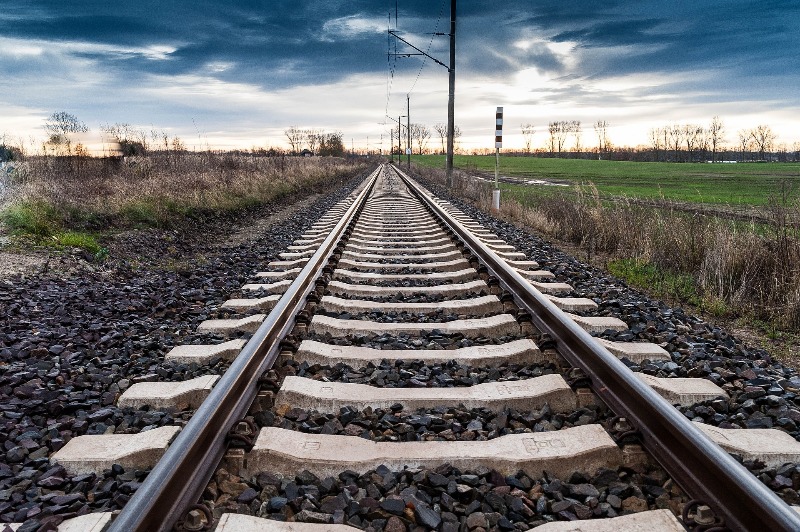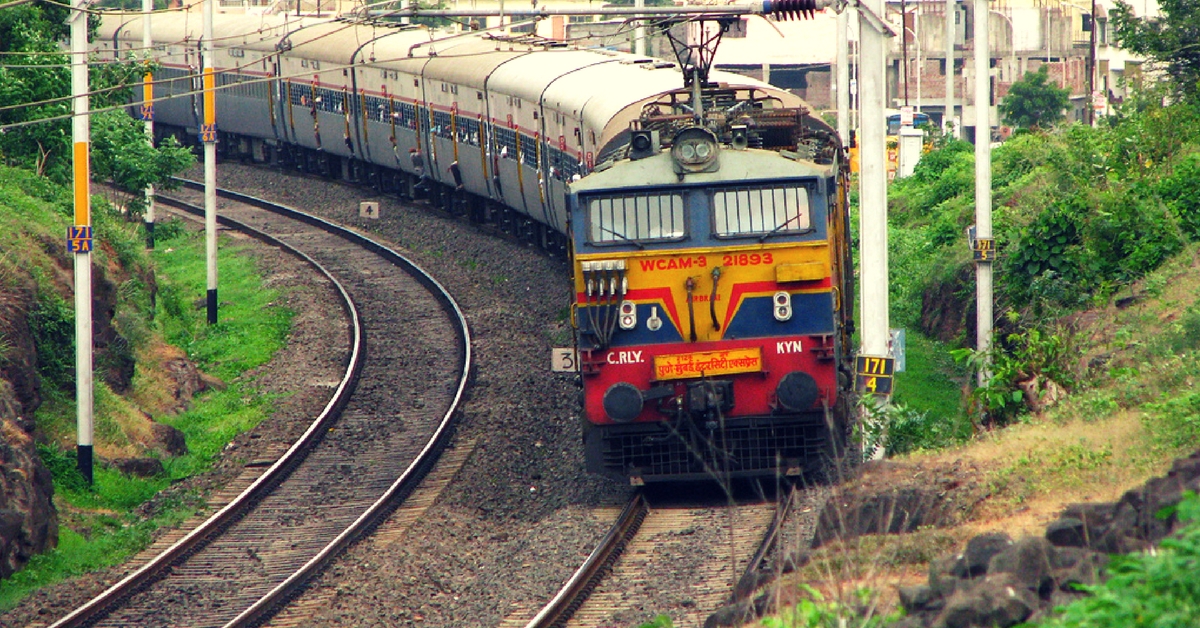Railway
DP: On your blog you mention a campaign to re-instate the railway station at Grove. How is that going?
EV: What we’ve campaigned for is to re-open the old Grove station – Wantage Road station it was called – on the main line. As Wantage and Grove both grow in size the opportunity to get on a train and go to Didcot to pick up a London train, or even potentially go from Wantage straight through to London, would be welcomed by the local population. The road links between Didcot and Wantage are not fantastic in terms of the growth of traffic going on. It’s a difficult battle to win not just because of cost but because of the logistics too – even if the money was there it would be quite hard to configure the timetable so that you continue to have high speed trains running between London and Swindon.
DP: Beeching axed about a third of British Rail and now, with the benefit of hindsight, we’d love a line from Andover to Southampton but that really is the problem for Government, to guess what’s going to happen and how it’s going to work out. I think the Beeching Plan was a bad mistake.
EV: It’s arguable whether or not you would still have anything approaching a viable railway system if you’d kept the Beeching lines open. It’s a useful reminder to me that places like Uffington used to have a station. Would it be used now? The opportunity in Wantage is clear. There’s a population of around 20,000, plus the surrounding villages, which could take advantage of it. Whether you could re-instate a station in Uffington, a village of 1,000 people, is a moot point – although Cholsey, a village of 2,000, still has a station. So does Appleford, which is a very small village but they’ve hung on to their station and they still have trains stopping there. You’ve got to choose your battles and Wantage-Grove is potentially winnable, but re-opening other stations would be more difficult.
DP: I read your local newspaper this morning, where there was a piece about the Government not being so keen now on having roadworks advertised in the local press. People talk about the fact that local newspapers really need the cash.

EV: A lot of these notices have to be put in the local newspaper by statute. You can understand why that was the case 10 or 20 years ago when the only way you could get local information was by picking up your local paper and going through the statutory notices, which would tell you if a road was being closed or whatever. But now people can get all their information from the Internet, including what the Council is doing as the highways authority. So you could potentially save the taxpayer some significant money, but at the same time you have to recognise that these statutory notices help to fund local papers which people still like, and which still create a sense of community and hold local officialdom to account. So it’s a difficult circle to square.
DP: I know Winchester City Council have changed their practice, moving planning notices from the Hampshire Chronicle to the local freebie, at great loss to the Chronicle.
EV: We did crack down on local council newspapers. Very early after the election we did a review and put in place a code of conduct, which restricts the number of times a council can publish an information sheet and also the sort of cost they can put into it. Some councils were putting out a newspaper every two weeks, which looked like the local paper and which had a major impact on local newspapers.
DP: Local newspapers are now being bought out by big business, asset-stripped, with large-scale redundancies, and left without the reporters they need to provide the community with the full news coverage they used to have. Local papers are the ones that hold the Council to account, letting people know how their money is being spent.
EV: There are four big local newspaper groups. My local paper is owned by Newsquest, which is, I think, one of the only two profitable ones, and which in turn is owned by the Gannett Corporation from America. They own USA Today, among other things. You have Northcliffe, which is the Daily Mail. Trinity Mirror. And Thomson Press, based in Dundee. Those are the four main ones. It is difficult. It costs a lot of money to publish newspapers.
The thing that has really killed local newspapers is the Internet, because of classified advertising. If you wanted to buy a car, you’d buy your local paper. Now you go online to buy a car. And if you wanted to buy a house you’d probably go on the Internet now, although I still like looking through the local paper, for house prices.
DP: I was told at your local pub that The Anchor at Stanford-in-the-Vale has been sold and may close and a lot of the residents there are up in arms, fearing that house prices will fall if the village doesn’t have a pub – which they themselves do not use.
EV: We’re having trouble keeping our own local pub open just at the moment. It is difficult. People want different things now. It’s partly drink/drive laws – which are obviously important but have an impact. It’s partly the whole experience of being in the pub. People now expect quite high quality food; they expect it to be more like going to a restaurant. I’ve received regular representations from my constituents about beer duty and that’s something I think Government has to continue to look at. You have to balance the need for revenue against the need to support the pub, which is a very important community asset. When we’re so worried about binge drinking, having people in a communal area drinking is, I think, better than having them going to nightclubs or sitting on a park bench getting ‘pre-loaded’, I gather the jargon is, before they go to the pub.
